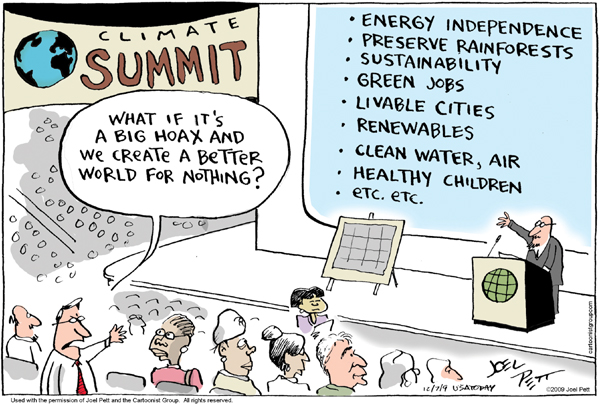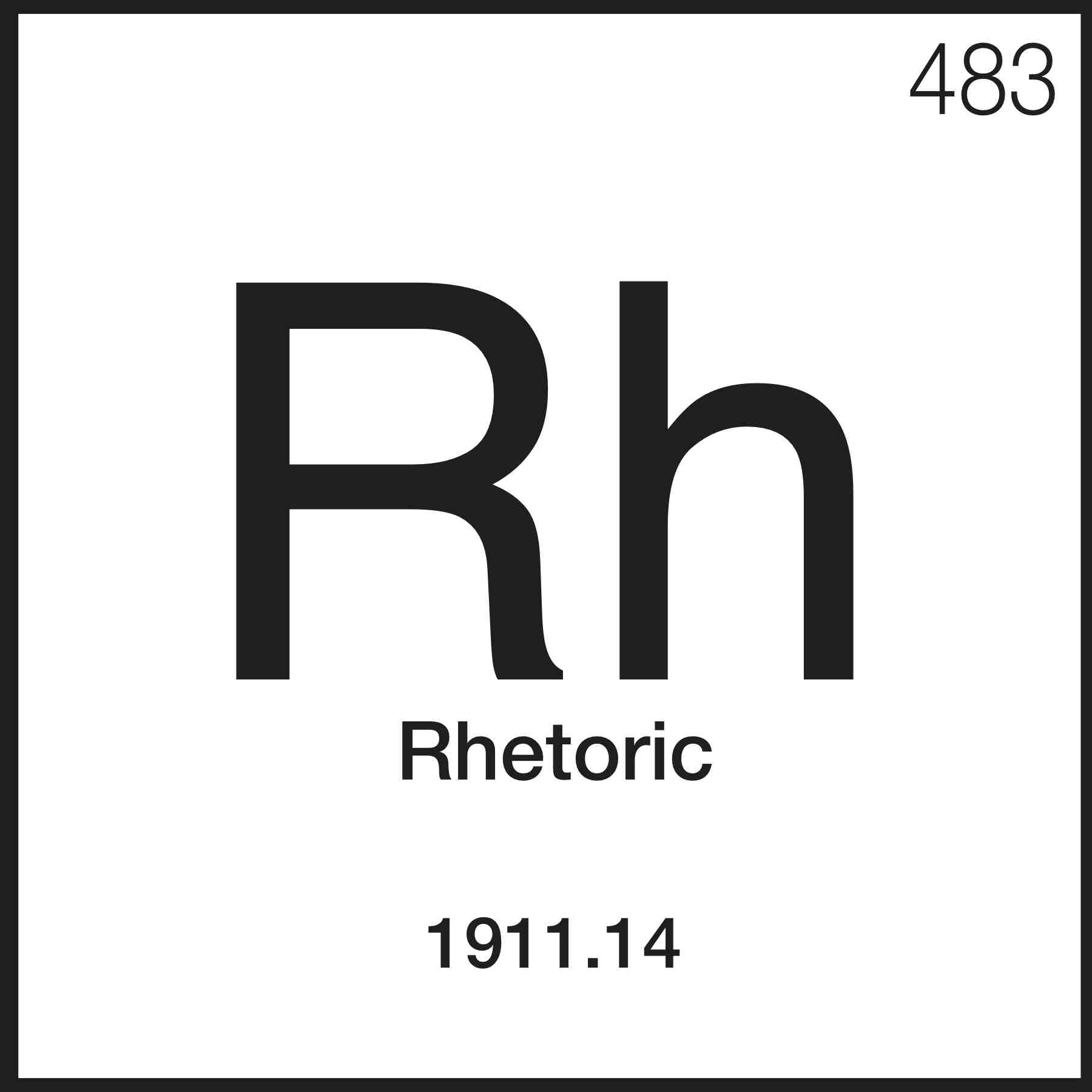Everyone has experienced the endless question fandango. What school do you go to? Do you like it? What are you studying? What are you going to do with that? What’s next? Well, one day I hit a breaking point, so when one of my mother’s friend finished asking me those five questions. I went on an extended rant about the projected gloomy future of our planet. I discussed: the Arctic ice sheets completely melting by 2080, the rising sea levels that will engulf the Pacific Islands, the decreasing Amazon rainforest, the increase in frequency/intensity of hurricane and etc. Afterwards, I glanced over at my mother’s friend and she had a horrified look on her face. She made an excuse about “dying to see the renovation on the garage”. Mission Accomplished.
However, after reading Bill McKibben’s book, eaarth , I realize now what I did was wrong. Climate Change is apocalyptic enough, and the last thing I should be doing is crushing people’s moral regarding climate change. Climate change needs people’s interest, not dread. McKibben informs the reader about the anthropogenic alteration to Earth’s atmosphere, biodiversity, oceans and landscape. These changes will result in a new planet and there have been consequences that have already negatively impacted thousands of people.
Rather than my end of the world scenario with no hope, McKibben paints positivity on to his pages. He offers encouragement, hope and solutions. For example, he acknowledges the switch to local farming and the individual level changes. Like other climatologists, McKibben calls for political and global level changes to green house gas emissions. His website demonstrates the power of protesting and encourages people around the world to get involved. I gained a vast amount of positivity from reading earth and I hope to take McKibben’s approach towards climate change.



